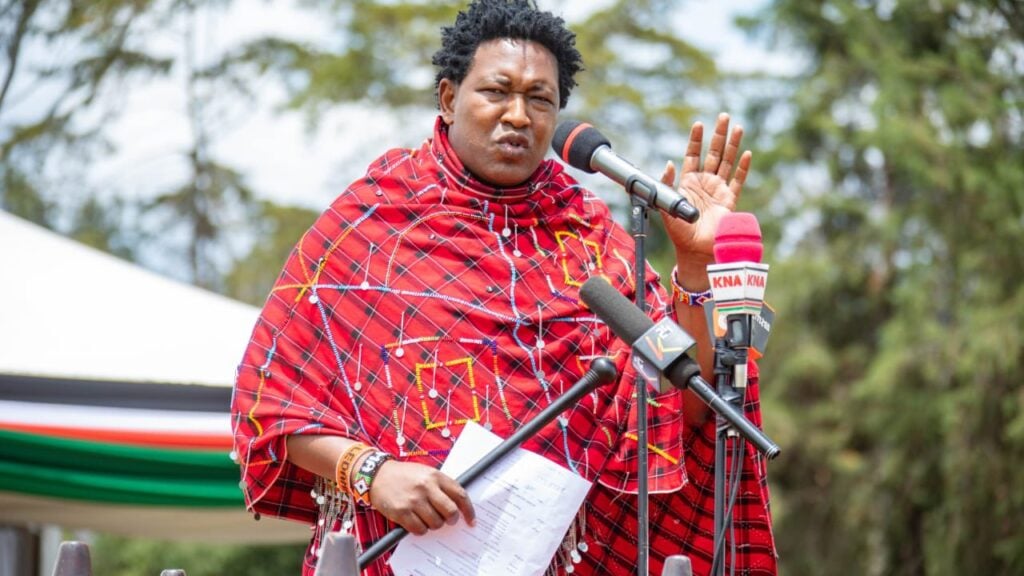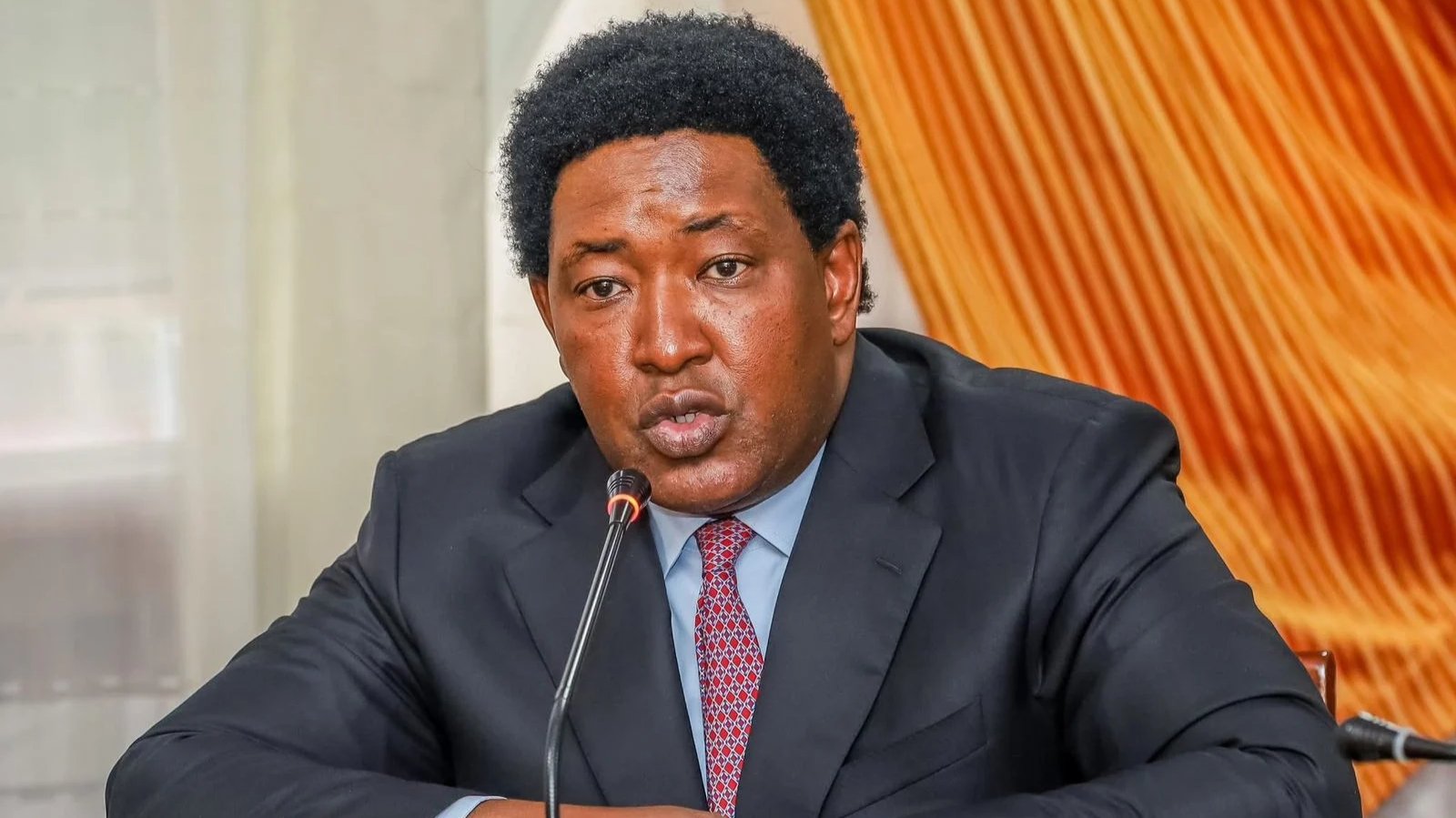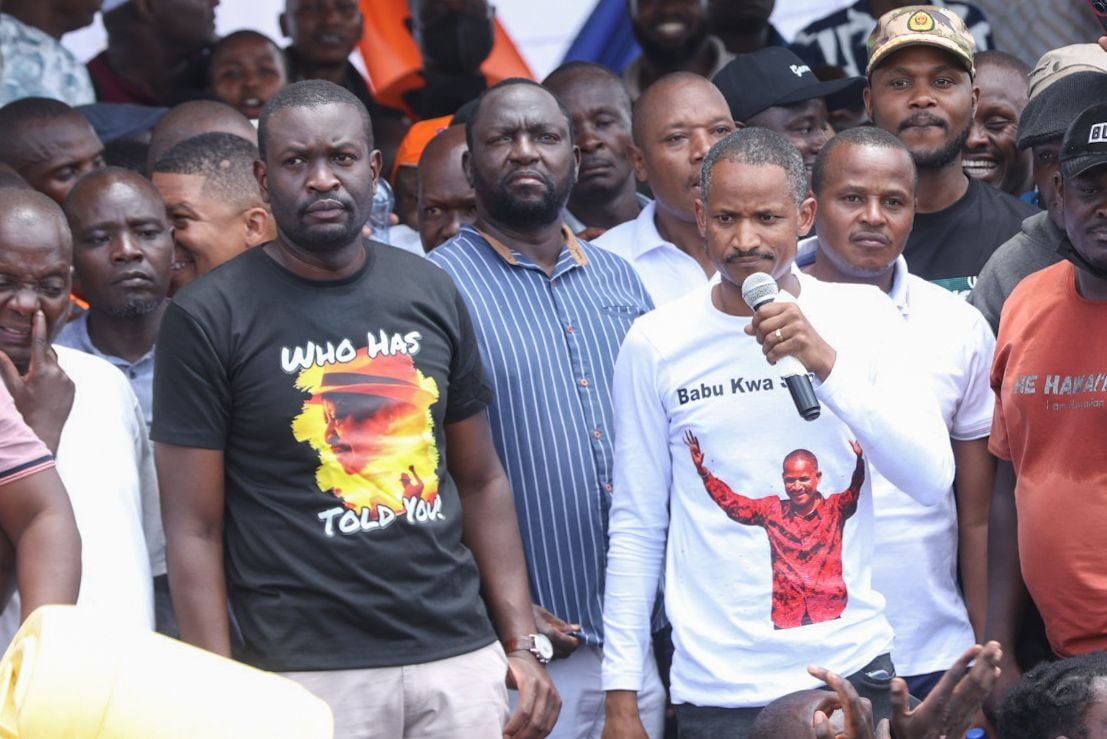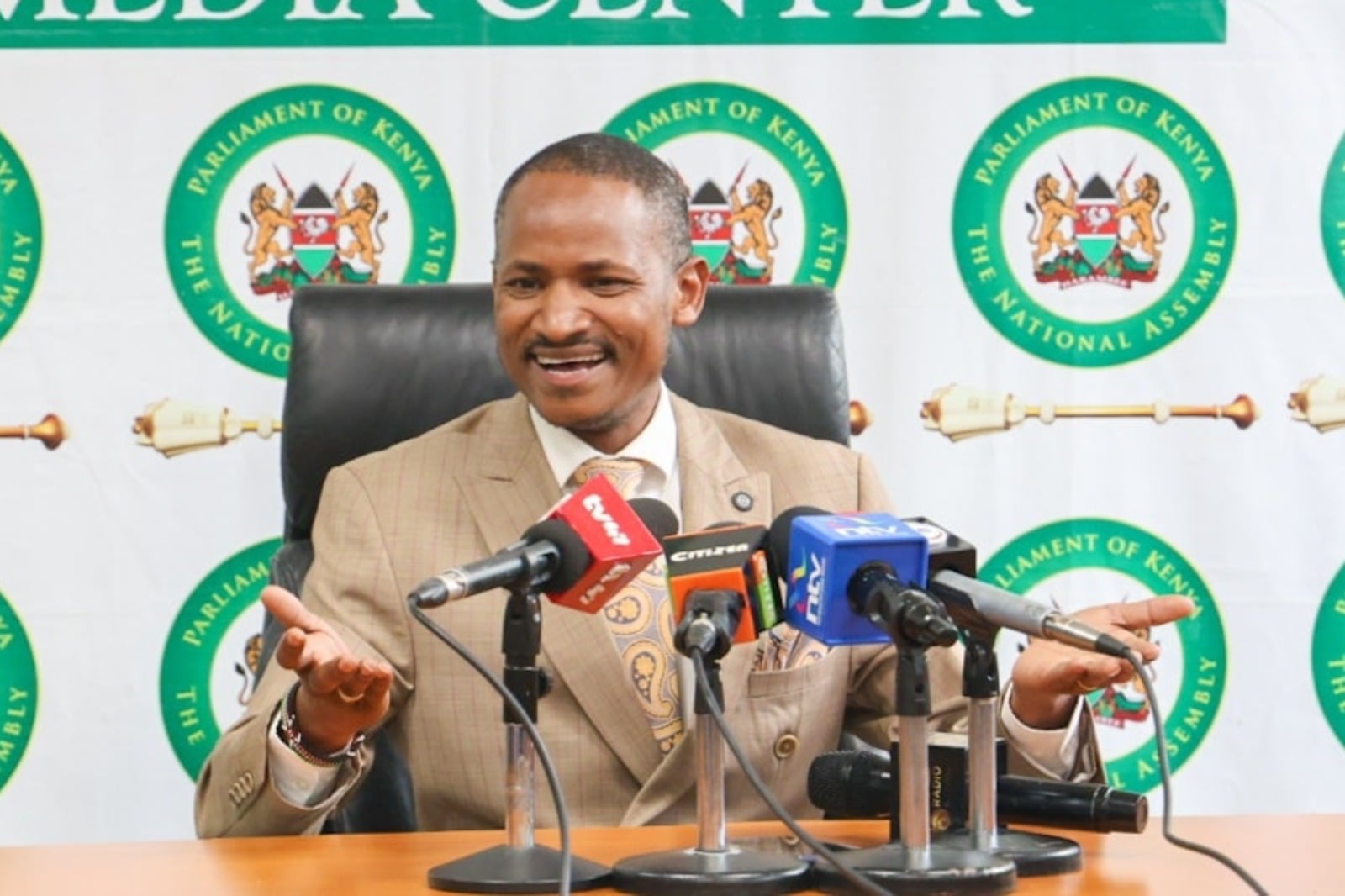Narok Senator Ledama Olekina has moved to clarify the intent and content of the Seeds and Plant Varieties (Amendment) Bill, 2025, accusing the Kenya Plant Health Inspectorate Service (KEPHIS) and some media outlets of misrepresenting the proposed law.
In a statement on Saturday, September 6, Olekina said the bill has been subjected to misleading commentary that risks derailing it.
"Recent articles sponsored by KEPHIS and subsequent editorial commentary have misrepresented both the intent and content of the Seeds and Plant Varieties (Amendment) Bill, 2025. It is important to set the record straight and ensure a fact-based discussion on this critical policy matter," the statement read.
Olekina drew comparisons with international agricultural practices, saying Kenya’s current rigid approach to seed certification is out of step with global best practice.
"Leading agricultural exporters—including Canada, USA, India, and Australia—operate dual seed systems. Certified seed is used to protect export credibility, while quality assurance (QA) or truth-in-label systems keep seeds affordable and accessible to domestic farmers," the statement continued.
Read More
Olekina criticized KEPHIS for pushing an OECD-only model of seed certification despite minimal exports under the system.
"Kenya spends millions of shillings sustaining an OECD-only approach to seed certification, despite exporting very few crops under this framework—sunflower being the main example. This rigid focus has resulted in unnecessary bureaucracy, high farmer costs, and limited innovation in local seed systems," the statement added.

Outlining the purpose of the bill, Olekina explained that the proposal does not abolish certified seed but seeks to introduce flexibility that will benefit local farmers.
"The Seeds and Plant Varieties (Amendment) Bill, 2025 seeks to introduce a complementary framework by retaining certified seeds for export markets and introducing QA and truth-in-label systems to expand affordable seed access for local farmers.
"This approach reflects global best practice, strengthens farmers’ capacity, and ensures Kenya’s agricultural sector remains competitive both at home and abroad," the statement further read.
Olekina concluded by urging media outlets to avoid what he termed as sponsored narratives and to focus on the interests of local farmers.
"Certified seed is not the only credible system. By adopting both certification and QA models, Kenya can secure global market confidence while delivering affordability and innovation for its farmers.
"I call upon the media to rise above sponsored narratives and provide objective reporting that serves the interests of farmers and the country’s agricultural future," he said.
This comes days after Olekina criticized President William Ruto’s county visits and State House luncheons, terming them a misuse of taxpayers’ money.
In a statement on Wednesday, September 3, Olekina advised Ruto to embrace digital town halls as a cost-cutting measure.
"You may not like what I have to say but I’ll say it anyway: State House lunches equals to a waste of public funds. Bus rides, per diems and buffets don’t build roads or jobs.
"Mr. President, pause county visits and State House lunches for 100 days; embrace digital town halls. End the politics of plates, embrace the politics of the future," he said.
In the recent past, Ruto has been hosting meetings at State House, including with grassroots leaders and leaders from different regions.
For instance, on Tuesday, September 2, he hosted grassroots leaders from Turkana County in a meeting where he outlined ambitious development plans worth billions of shillings aimed at transforming the region's infrastructure and economic prospects.
Prior to this meeting, Ruto had on Friday, August 29, hosted grassroots leaders from Meru County led by Meru Governor Isaac Mutuma.
Earlier, on Wednesday, August 27, Ruto had hosted grassroots leaders from Kiambu County.






